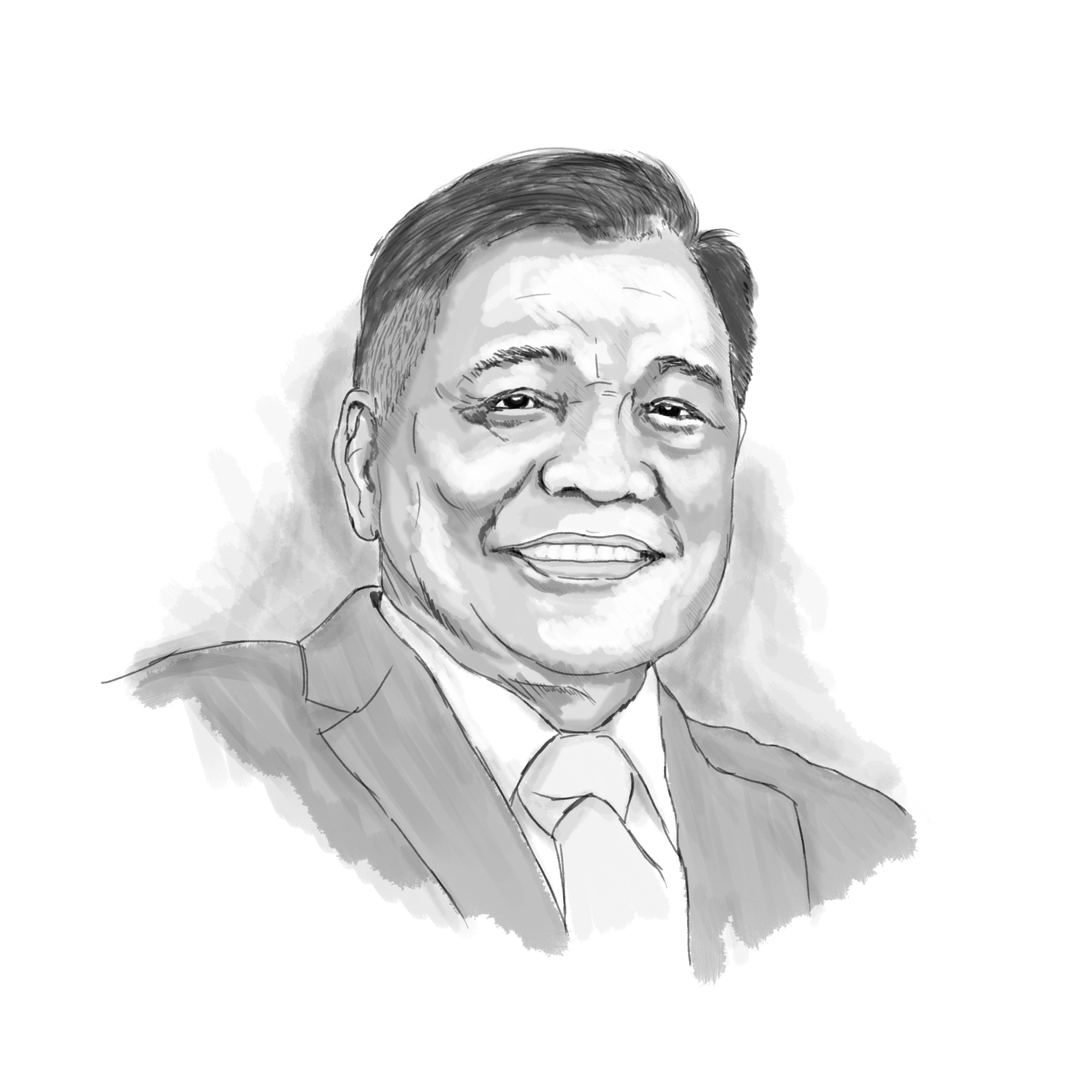FINDING ANSWERS

It’s National Peace Consciousness Month this September, a time to boost awareness of the need to strengthen and sustain peacebuilding as a cornerstone of national development, greater harmony and unity.
Peace month in the Philippines aligns with the International Day of Peace on Sept. 21 to strengthen “the ideals of peace within and among all nations and peoples” and “for all humanity to commit to Peace above all differences.”
In 2001, the United Nations declared that every Sept. 21 “shall henceforth be observed as a day of global ceasefire and non-violence, an invitation to all nations and people to honour a cessation of hostilities for the duration of the Day.”
Stopping hostilities worldwide for even just one day can do a lot to alleviate tensions and causes of conflict, and contribute to building a culture of peace essential to the pursuit of progress.
As I’ve often said, there can be no development without peace. And such has been proven particularly in the Bangsamoro region in Muslim Mindanao where peace has been elusive for decades until around 2014 when a comprehensive peace pact offered great hope.
For the Bangsamoro people who felt being victims of endless tyranny, the pact marked the beginning of the restoration of their identity, their homeland, the right to self-determination, and the right to self-governance, among others, amid their belief that they have been relegated into a state of virtual captivity and manipulation for so long a time.
Such a pact that paved the way for the creation of the Bangsamoro Autonomous Region in Muslim Mindanao (BARMM) has led to the end of the prolonged and seemingly senseless violence that has sparked anger and bitterness nurtured down from generation to generation of combatants and innocent victims.
At a recent Kapihan sa Manila Hotel, Sec. Carlito Galvez Jr., the Presidential Adviser on Peace, Reconciliation and Unity, said that all indications now point to continued peace in BARMM, as there have been no major conflicts since the 2017 Marawi siege.
He said that after the 2019 ratification of the Bangsamoro Organic Law (RA 11054 which was upheld by the Supreme Court early this month), 26,145 combatants of the Moro Islamic Liberation Front have been decommissioned with more than 4,000 firearms collected by government, about 7,000 Moro National Liberation Front fighters have been integrated, and about 1,200 Abu Sayyaf, BIFF, and Maute fighters have reconciled with government.
On the economic side, Sec. Galvez said that in 2021, BARMM had a GDP of 7.5 percent, a tremendous increase from previous rates which have never risen beyond three percent. He added that poverty incidence is now down to 26 percent, an incredible decrease from 56 percent, and that foreign and domestic investments have reached around P3.7 billion in 2023.
Sec. Galvez narrated that the change in mindset, from “enemy-centered to people-centered,” started during the reign of Ferdinand Marcos Sr. when the Tripoli Agreement was forged in 1976 between the Philippine Government and Nur Misuari. During the presidency of Cory Aquino, Muslims welcomed further peace initiatives when she visited Sulu. He said such visit was especially meaningful in Muslim culture.
When Fidel Ramos was president, intense negotiations culminated in the 1996 peace agreement which was designed to bring about the full implementation of the 1976 Tripoli Agreement. And during the time of President Noynoy Aquino, a comprehensive agreement was forged with the MILF, leading to the 2019 BOL ratification during the administration of then President Rodrigo Duterte.
It certainly was a long road to peace. Sec. Galvez views the coming 2025 elections as the “culmination of all agreements” reached during previous administrations. “It will give Bangsamoro full autonomy because they will be elected now by the people and not appointed. Elected members of parliament will have legitimacy, will now be accountable to the people, not only to the President,” he explained.
Sec. Galvez said that President Ferdinand Marcos Jr. hopes the 2025 elections will be credible, honest and truly represent the will of the electorate, and that he is committed to fulfill the promises agreed during previous administrations.
Indeed, so much hinges on the coming elections. If all turns out well, the success or failure of Muslim Mindanao will no longer depend on the national government. Elected BARMM leaders shall now be depended upon to spur development and sustain peace in the region. Of course, there would still be limitations like national defense and foreign relations, which remains with the national government. And the Commission on Audit still has authority to check on accountability in BARMM.
As to the long-running communist insurgency, Sec. Galvez said massive changes are being done in the countryside with continuing peace engagements with local government units. He said that generally, most areas are relatively peaceful and more LGUs have declared being insurgency-free. Good governance is key to solving insurgency, he said, noting that lack of government services have been exploited by insurgents in the past.
With the relative success of peace efforts in all fronts, attaining lasting peace is certainly on the horizon.
(Email: [email protected])